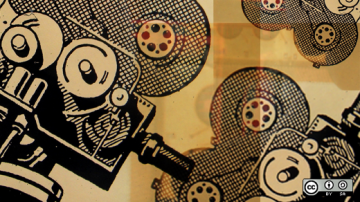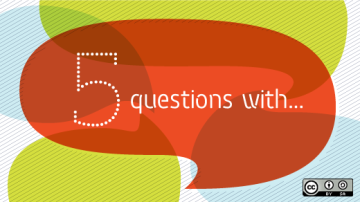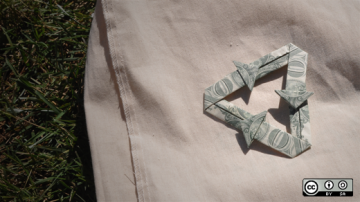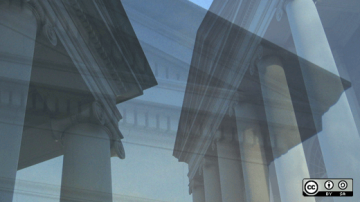
Editor, writer, and developer. I wear many hats, including the red one. Graduate of UNC-Chapel Hill School of Journalism; long-time interest in all things geeky. Editor of Red Hat Magazine and grizzled industry veteran, including time as an archivist for SunSITE UNC (now ibiblio.org) and ten-plus years at my current gig. I love:
- vidya games and other dubious online experiences (Second Life, WoW, DDO, Rift--started out with Zork, IRC, and old-school BBS and MUDD/MOO/etc. groupings... old school nerd!)
- cooking, crafting, and creativity
- smart people
- openness, transparency, honesty, and trust
- coffee in all its delicious forms
I loathe:
- giving the web a version number
- social media "experts" (who send me spam)
- proprietary thinking about thoughts and ideas
- soggy cake or bread
- greed, selfishness, and a lack of humility







Authored Comments
Do you mean Antitrust? I seem to remember some hubbub about GNOME and KDE desktops in it, and a brief search of the internets provides this thread:
https://justlinux.com/forum/showthread.php?t=86722
Someone down the thread posted an image of the scene with the red fedora (it does look a little like ours...):
https://justlinux.com/forum/attachment.php?s=603fd1bfe1df3d144cbe7f9a0afdb87c&attachmentid=1552&d=1054260285
With a naked ping, I generally assume the priority is low. If it was important, the ping would bother to get dressed before showing up at my door.